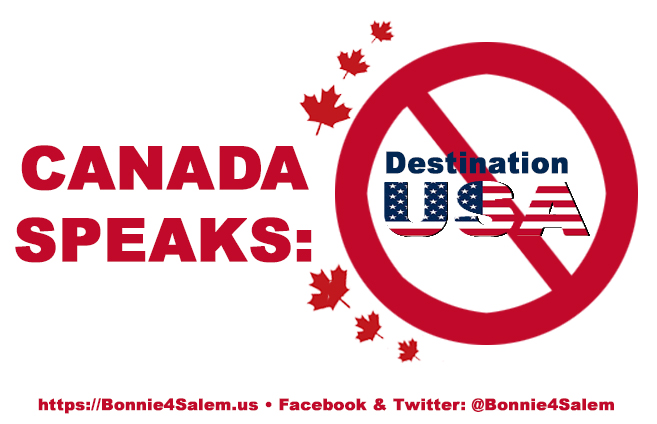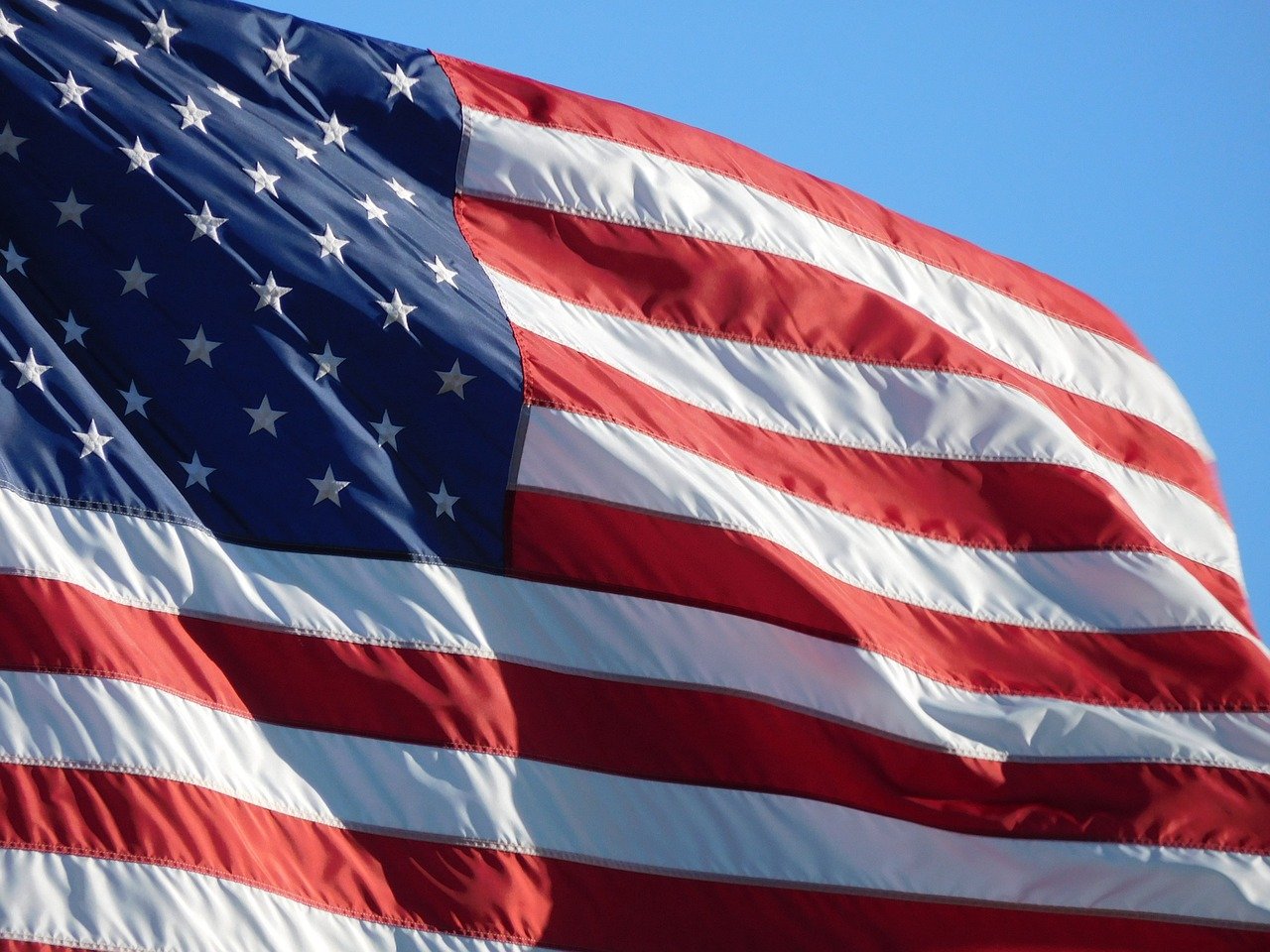
A family member (2nd cousin) living in Nova Scotia posted about yesterday’s Sutherland Texas church shootings. I was a little surprised at the responses. Out of 20 comments, seven Canadians said that they will no longer come to the United States from Canada until we resolve our #gunviolence issues, several canceled, or are canceling, planned trips to the States, including my cousin and his partner.
I wonder how long it will be before the US tourism industry starts to feel the effects? This wouldn’t have a big direct impact on us here in Salem, but other New Hampshire communities, such as the Lakes Region and the White Mountains, could be impacted, resulting in a trickle-down effect here in our area.
Thoughts and prayers sound good, but they aren’t stopping the incidents.
And being armed is not helping. During a shooting, it’s difficult to tell if the someone brandishing a gun is a good guy or a bad one. Authorities report that efforts to identify the perpetrator in the Colorado Walmart shooting four days ago were hindered by shoppers who pulled their own weapons. The shooter walked away. (He was caught the next day.) http://www.denverpost.com/2017/11/02/shoppers-pulled-weapons-walmart-shooting/
The arguments for not putting some kind of protection in place went out the window with Sandy Hook, and weaken with every new violent incident, which seems to be happening more frequently.
Here is what my cousin wrote:
“Another shooting of multiple people in the United States, this one in a Texas church with more than 20 people reported killed. The initial responses from political figures all offer and ask for prayers. When will Americans realize that prayers are not the answer to this kind of violence?”
Later he wrote:
“As Canadians, we are watching events in the United States with amazement and incomprensnsion. How can a country with so many advantages have gotten itself into such a morass?
“The decision I mentioned in my reaction to the most recent mass shooting in your country–was it the 377th so far in 2017?–not to travel to the US is a response that has gradually been taking hold, one person at a time. There is no organized movement, just a gradual realization that in conscious one can’t support a country that appears to have so seriously gone off the tracks.
“We realize, as you noted, that there are many Americans who are no doubt even more concerned than we as external observers. But watching the responses of your legislators is a lesson in how not to govern. There was a time when as Canadians we felt very close to the United States. Of course, our “origin myths” are very different. The Canadian equivalent of “the wild west” is of the North West Mounted Police–the precursor of the Royal Canadian Mounted Police–arriving on the frontier before anyone else, so that settlers arrived to an already ordered society. Rather than venerating individualism, we value those who are active in and supportive of the community. In line with the latter, we cannot conceive of a developed country that does not see universal medical care as at the core of a civilized society. I know not a single person who owns a gun or anyone who wants to.
“For many decades there has been a comparative study of American and Canadian values every ten years. Until the 1960s–1970s, each decade the values of the two countries were becoming more similar. That changed with the 1970s report, when for the first time–perhaps because of the war–they began to diverge. With each decade since, they have become more different and now at an increasing rate.
“Being so close to a powerful and populous nation, with such a compelling (at least for many) popular culture, is a bit like sleeping beside the proverbial elephant. For better or worse, what is happening in your country is forcing us to reconsider many things. Until recently, most Canadians were opposed to the proposed new trade agreement, the TPP; recently, however, with the President’s twitters on NAFTA, a growing majority of people here support the idea of a trade agreement among Pacific countries.
“Wonderful although the theatre and music in New York may be, London is just as good. Florida, Arizona, and Palm Springs may be lovely in the winter, but Spain and Portugal have their charms too and excellent food. What seems to be happening is that the Canadians I know and hear about are in the process of reconsidering their relationship with the rest of the world. We still like and admire many things about the United States, but perhaps the balance of positives and negatives has shifted. Other countries–and parts of our own country–are on the radar in a way that they have not been during my lifetime.
“It is hard to know how far this movement will go, but as you probably know the number of Canadians crossing into the US has recently declined for the first time in recent decades. According to our travel writers, many fewer Canadians are planning to spend time in the United States this year, choosing to go elsewhere. Some who have spent time every winter in the warmer parts of your country have sold their homes and will be staying home this year.
“It would be easy to exaggerate the magnitude of these changes, but they do seem to be catching on as a quiet social movement. And I was in a wine store a few days ago, where I overheard a group of three people agreeing that they no longer looked at the American wine section.
“The United States, despite our differences, has long been the country most admired by Canadians. It is sad to see the erosion of those feelings between friends.”
Canada has spoken.
Now it’s our time to speak … our time to take action.
